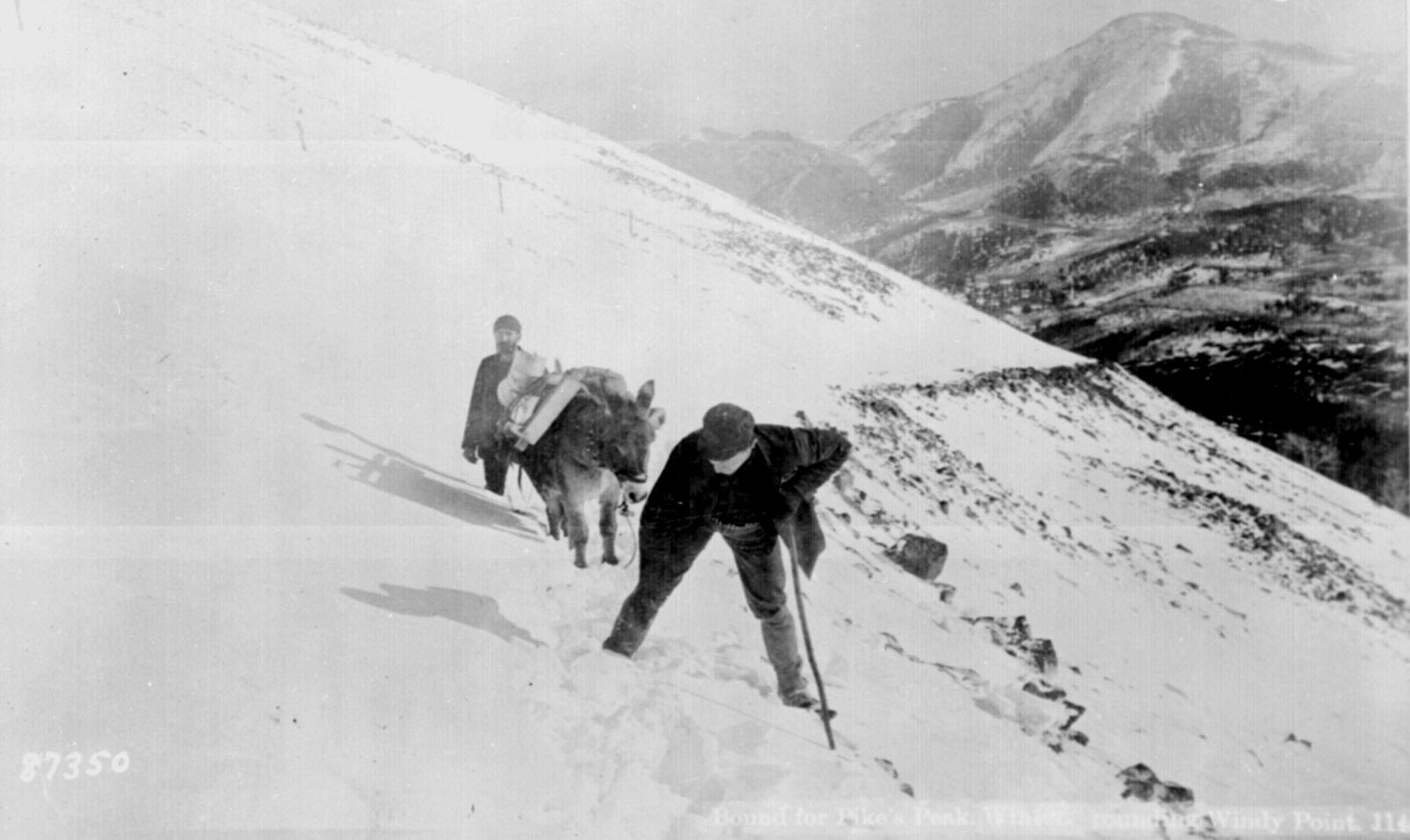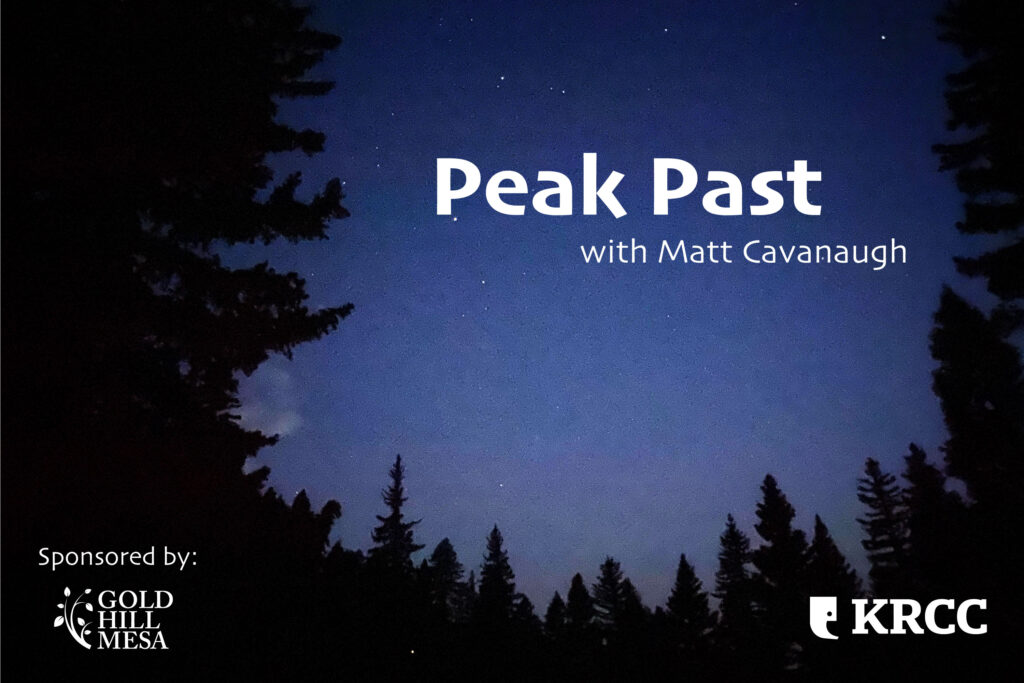
The following is part of KRCC's 'Peak Past' essay series.
When snow turned him back from the first recorded American attempt to climb Pikes Peak, Zebulon Pike wrote, “I believe no human being could have ascended to its pinical [sic].”
That was in November 1806. He didn’t make it, but many after him sure have.
At some point we all look up at Pikes Peak and think about it.
Can I get up there?
Should I take the cog rail?
Drive the road?
...Or maybe, my own legs?
That last category includes the brave souls who sign up for the annual local suffer-fest, the third-oldest marathon in America, the Pikes Peak Marathon and Ascent. A 2016 count found there are over one-thousand marathons in the US, and trust me, the Pikes Peak stands head and shoulders above them all.
It starts with that height. Pikes Peak is an ultra-prominent peak, a measure of the summit’s independent rise of nearly 5,000 feet, on the list with Everest, K2, Kilimanjaro, Mt. Olympus in Greece, and only two other Colorado Fourteeners.
The first American trailblazer was 22-year-old Dr. Edwin James and his two companions, who ascended to the top on July 14, 1820. In August 1858, 20-year-old Julia Archibald Holmes summited and wrote, “Nearly everyone tried to discourage me from attempting it, but I believed that I should succeed; and now here I am.”
In 1893, Katharine Lee Bates wrote of the view from the top of Pikes Peak in her journal, “All the wonder of America seemed displayed there.” She didn’t stop writing until she’d published a poem, titled “Pikes Peak,” later modified into the immortal song, “America the Beautiful.”
Our truest trailblazer is Arkansas-transplant Fred Barr, an entrepreneur who in 1921 completed seven years-worth of work to build a trail to the summit—the Barr Trail—the route the Pikes Peak Marathoners and Ascenters take to the top today.
Until our next mountainside chat—be good, be well, and no matter what, climb on.

Peak Past (formerly Peak Perspectives) is a weekly segment written and voiced by Matt Cavanaugh, a lieutenant colonel in the U.S. Army and a resident of Manitou Springs where he lives with his wife and two young children. Through his writing, Cavanuagh explores life in the Pikes Peak region, including the gradients and subtleties of our lives in the shadow of America's Mountain.
You can find more work by Cavanaugh here.
KRCC's Abigail Beckman manages the "Peak Past" series. The opinions expressed in this publication are those of the authors. They do not purport to reflect the opinions or views of KRCC or Colorado Public Radio.
Peak Past is sponsored by Gold Hill Mesa.









